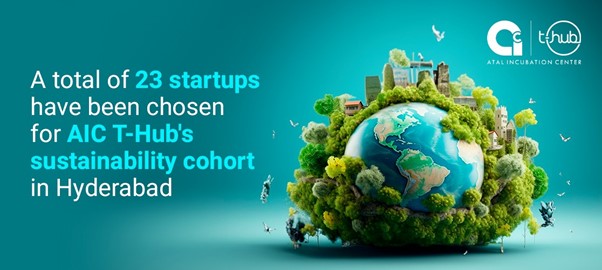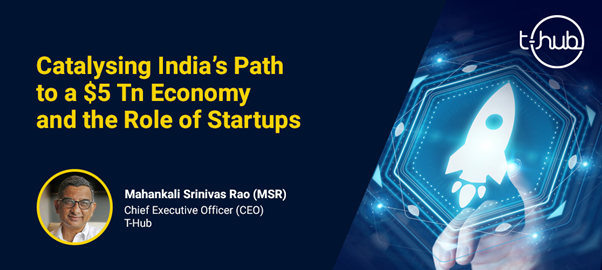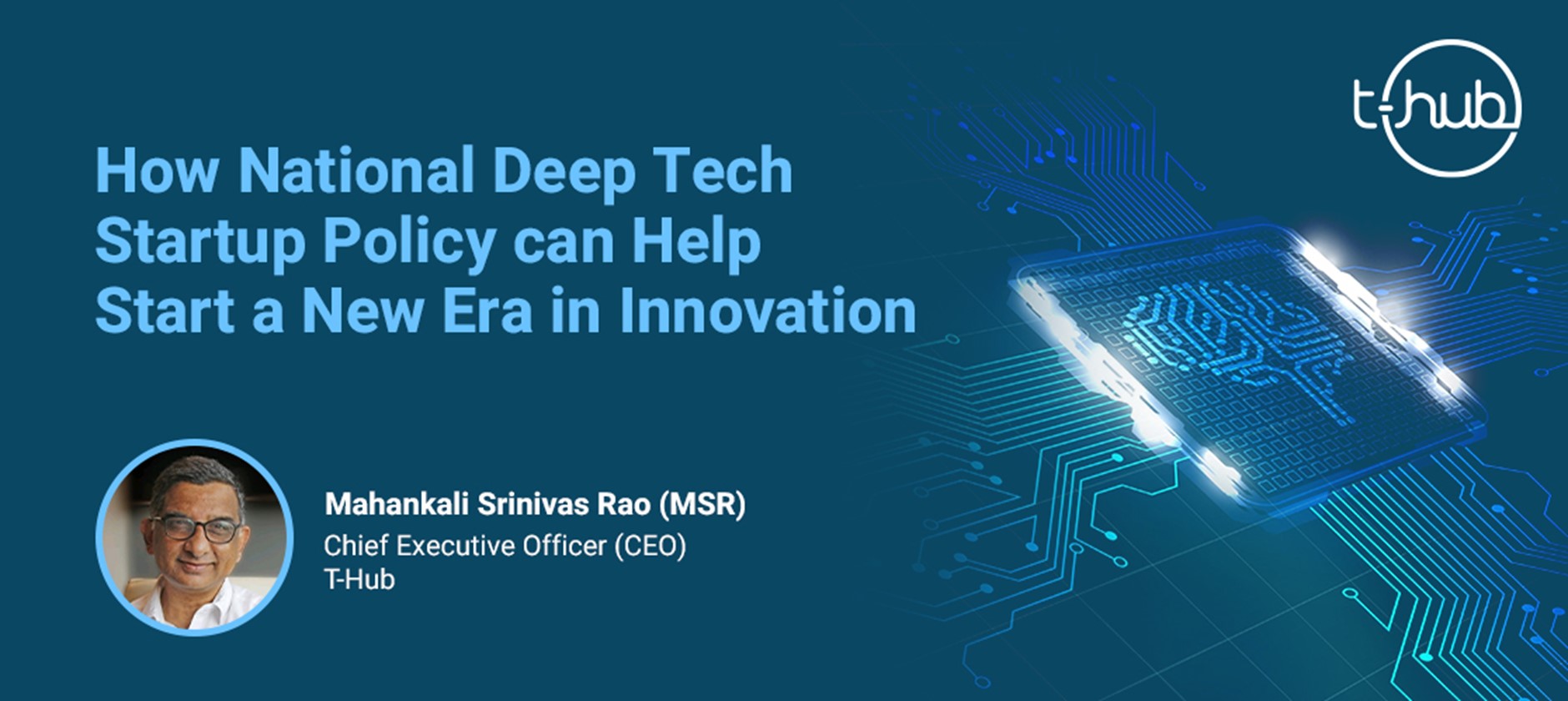Opportunities for Indian Startups and Investors
Metaverse is too big to ignore, yet a comprehensive metaverse will likely come to fruition decades later. It will integrate VR, AR, blockchain, and AI and be capable of delivering personalised experiences, secure transactions and digital ownership. Its advantages cannot be overlooked. In 2020, the worldwide metaverse market attained a value of USD 47.69 billion, and it is projected to reach USD 828.95 billion by 2028.
Big tech players, such as Amazon, Walmart, and Alibaba, are experimenting and allocating substantial resources towards the development of virtual stores and malls. However, realising the full potential of a metaverse requires the underlying technology to build virtual worlds. Corporates are looking at emerging technologies to attract new customers and retain their market share. They must work closely with startups on cutting-edge technologies, such
as deeptech, AR/VR and 3D modelling to develop the metaverse. The Indian startup ecosystem will play a crucial role in making the metaverse a reality.
As of 2023, there are an estimated 190 virtual reality startups in India and 242 startups working on AR solutions. These startups can transform industries as varied as healthcare, e- commerce, education and more. The technology when scaled can impact how individuals live, work, and engage in transformative ways. By 2026, a quarter of the world’s population will dedicate a minimum of one hour each day to engagements within the metaverse, predicts Gartner.
Empowering consumers through the metaverse
Virtual stores that replicate the experience of real- time shopping are aimed at providing an enhanced customer experience in a virtual
environment. Personal avatars can provide customised shopping assistance and redefine customer service. When built on a decentralised
blockchain network, such an environment can ensure transparency and security, enhancing trust between buyers and sellers. It can reshape the e-
commerce sector, changing the way customers shop. By 2023, the technology that helps build a metaverse is projected to generate anywhere from USD two trillion to USD 2.6 trillion, depending on different scenarios.
The metaverse also presents an opportunity for enterprises to find new customers and retain or enhance their market shares. Take Hyundai, for example. The automobile giant with its Hyundai Mobility Adventure, has built a metaverse space on roblox, featuring its advanced products and future mobility solutions. Hyundai aims to familiarise the next generation of car users with its products and works closely with startups for cutting- edge technology solutions
that make it possible.

Leveraging AR and VR with Industry 4.0
In the manufacturing front, major brands are focused on automation at the factory floor level. Legacy players like Hitachi are adopting digital twins, as a technology solution to oversee production advancement, enhance quality, and autonomously identify equipment defects. The facility effectively curtailed lead time for premier products by 50%.
Whether in the medical field or in an automobile workshop, AR/VR provides a powerful blend of simulation and safety. In the field of medicine, these technologies provide medical professionals with an immersive lifelike scenario, which enables them to practice complex procedures without
endangering patients. Surgeons can refine their techniques, while medical students can study the human body virtually and emergency responders can rehearse critical interventions. These technologies can extend across geographies, allowing experts to mentor the medical professionals globally.
In the field of automotive maintenance and servicing, for instance, one major car manufacturer in India is experimenting with the use of AR/VR technology to train mechanics. The method allows trainees to gain practical experience before servicing a vehicle engine, thereby improving efficiency, reducing service time and enhancing customer value. For startups, the AR/VR sector provides an opportunity to market their solutions to professionals who wish to acquire safe and effective training.

Promoting interactive learning and global connectivity
Institutions and edtech companies are also embracing AR and VR to create dynamic curricula and adaptive learning experiences. By 2023, the academic virtual learning market is expected to reach USD 28.7 billion. The immersive blend of AR and VR has transcended traditional educational
boundaries. AR brings learning to life by overlaying digital information onto the real world. Students can explore historical sites, interact with 3D models dissect complex subjects and acquire a deeper understanding of them. VR, on the other hand, takes learners to virtual environments, enabling them to experience simulations, conduct experiments and even travel through time and space.
The powerful combination of AR and VR caters to different learning styles, enhancing engagement and retention. Combined with blockchain technology, it can reshape the education sector by ensuring the authenticity of credentials. It enables a personalised learning path and accommodates remote education, bridging geographical gaps. Educators can assume avatars, facilitate dynamic interactions and provide immersive instruction.

Investors need to tap into the metaverse potential
The metaverse today is fragmented and at a nascent stage. Many of the advancements depend on capital and investors realising the potential of this uncharted territory of possibilities.
The Indian AR/VR landscape has the potential to shape the future the metaverse. With over 200 startups working on innovative solutions, there is
scope for growth providing attractive investment opportunities. Closer home in Telangana, the state has been home to some innovative technology
solutions in making metaverse a reality, especially in the field of AR/VR for education and healthcare. Startups such as Parallel XR and XR
Labs help create virtual training solutions using adaptive learning technologies and build immersive digital experiences customised for industry-specific needs based on AR/VR. The solutions offered by these startups will lay the foundational blocks of the metaverse and it provides investors with an opportunity to shape this future.
For Indian startups, their tech solutions present an opportunity to identify new markets and lay the foundational blocks of a functional metaverse. Investors can not only witness but also participate in this technological revolution.








